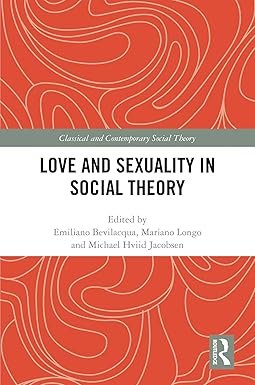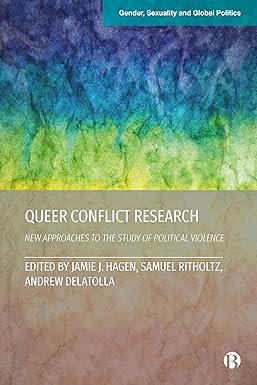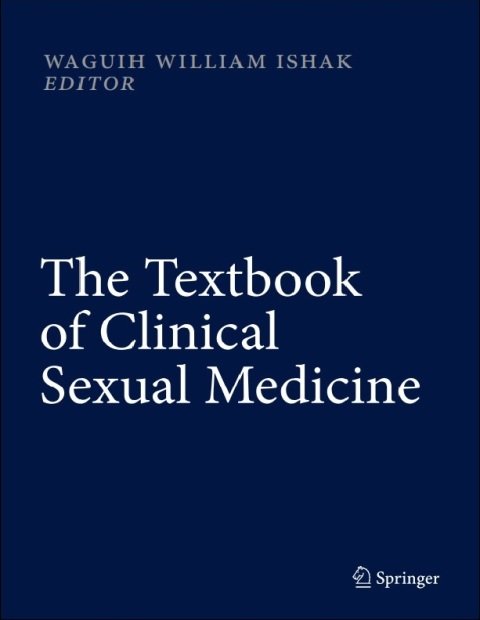Subtotal:
₨ 9,150.00
₨ 300.00 – ₨ 700.00Price range: ₨ 300.00 through ₨ 700.00
Challenging Historical Narratives of Loss:
Abundance: Sexuality’s History (Theory Q) now available at Book delivery.com for home delivery and cash on delivery all over Pakistan. You can contact for all kind of Medical Books.
| Print Quailty | Black & White Print, Colour Matt Finshed |
|---|








Nullam venenatis neque dis viverra hendrerit faucibus ornare feugiat urna. Tristique sollicitudin penatibus velit a class auctor himenaeos. Mollis semper luctus sit efficitur nam vitae feugiat enim tortor. Tortor montes integer cras massa donec ex ligula. Aliquet fringilla tellus mattis augue nam dui justo aliquam quisque suspendisse maximus. Pede velit ut dapibus suspendisse vivamus pulvinar nostra morbi curae potenti netus.

Lorem ipsum dolor sit amet, consectetur adipiscing elit. Ut elit tellus, luctus nec ullamcorper mattis, pulvinar dapibus leo.

Porttitor eleifend facilisi euismod litora etiam consectetur. Vivamus platea quisque mauris si blandit diam id a primis himenaeos. Natoque vulputate duis nec mauris tristique integer mi. Pharetra libero quam morbi lectus lacinia. Pharetra lacus ut litora mattis cras arcu tortor bibendum vitae.



Stay connected and get interesting news & coupon
Copyright © 2022 logohouse, All rights reserved.